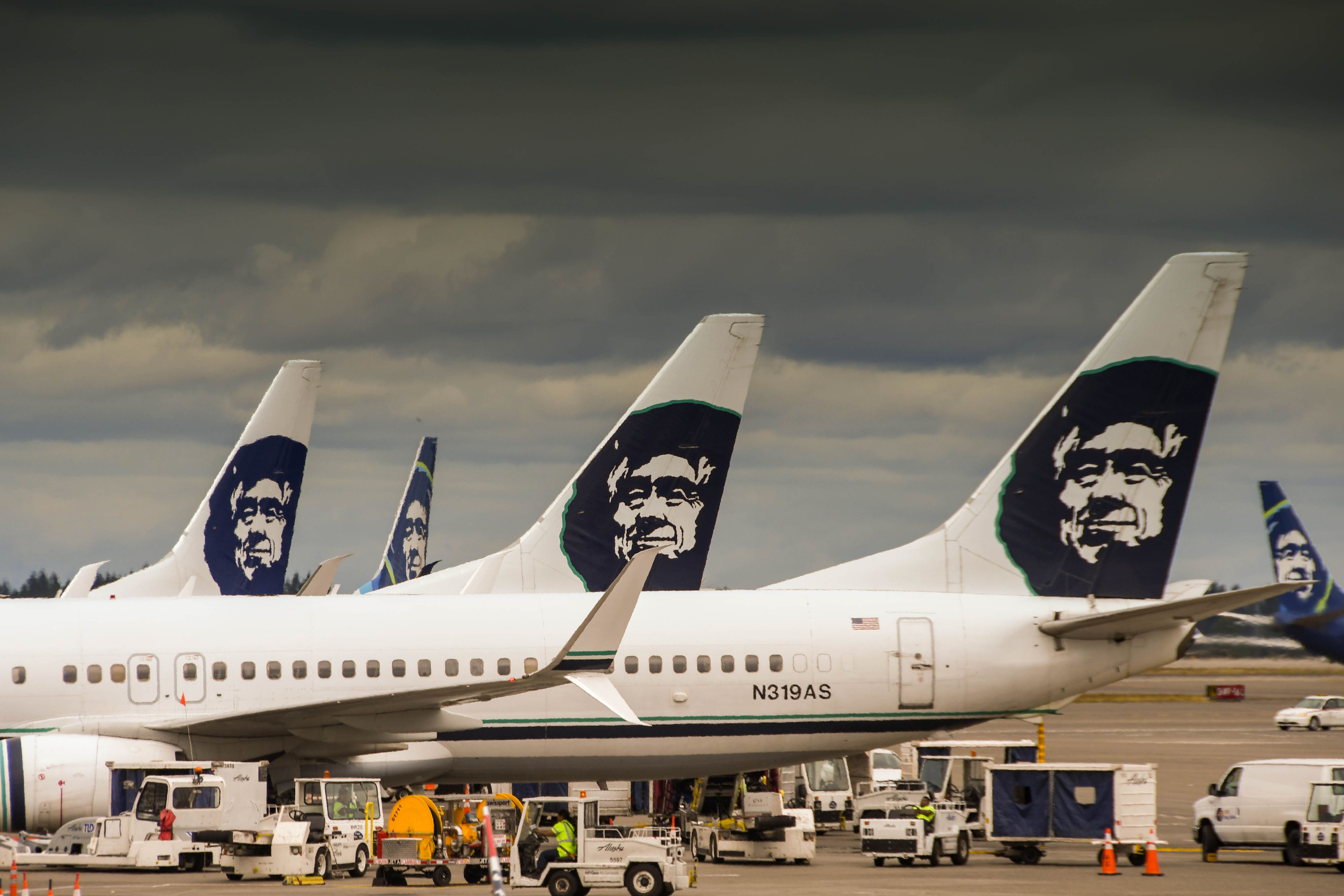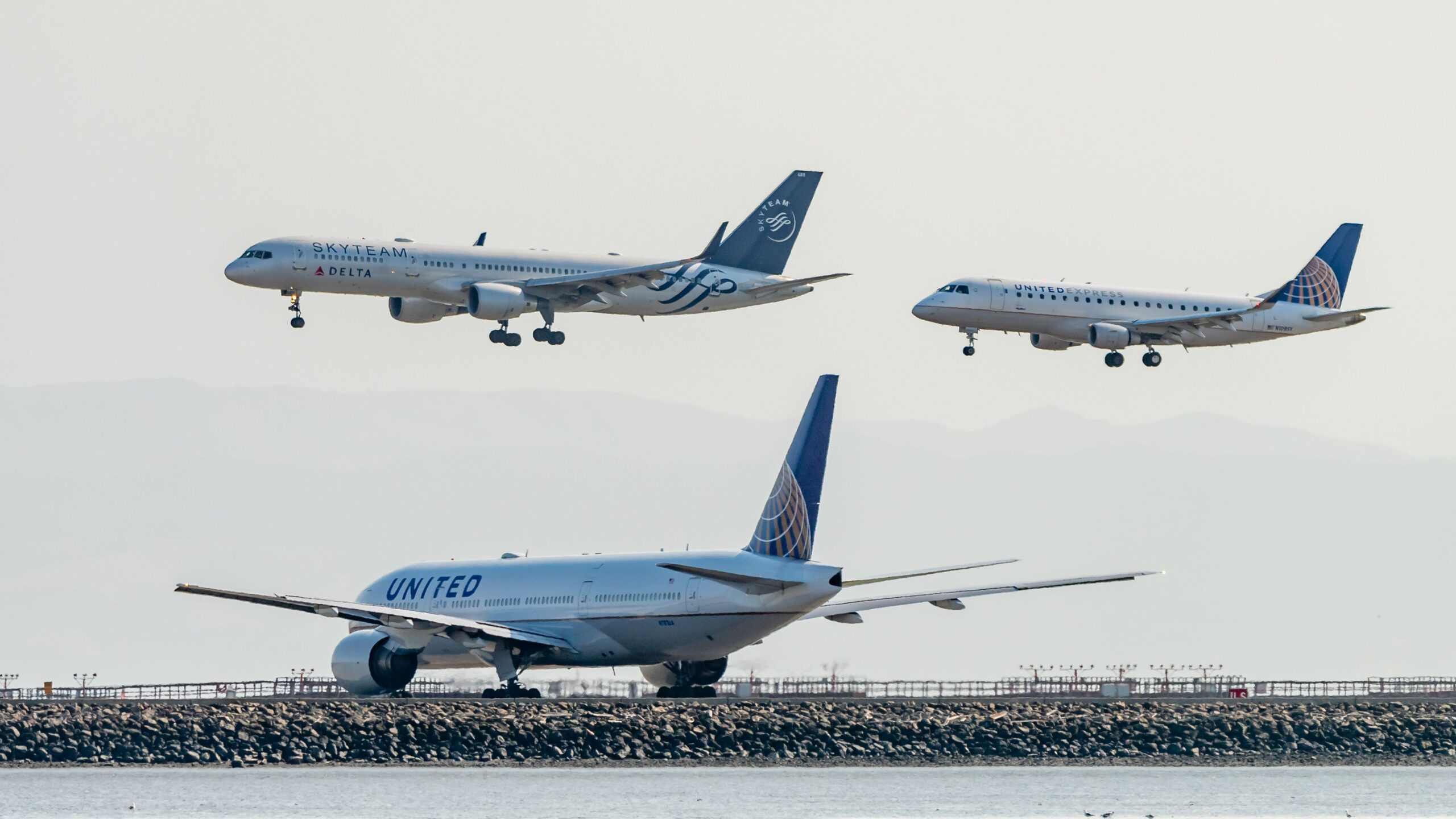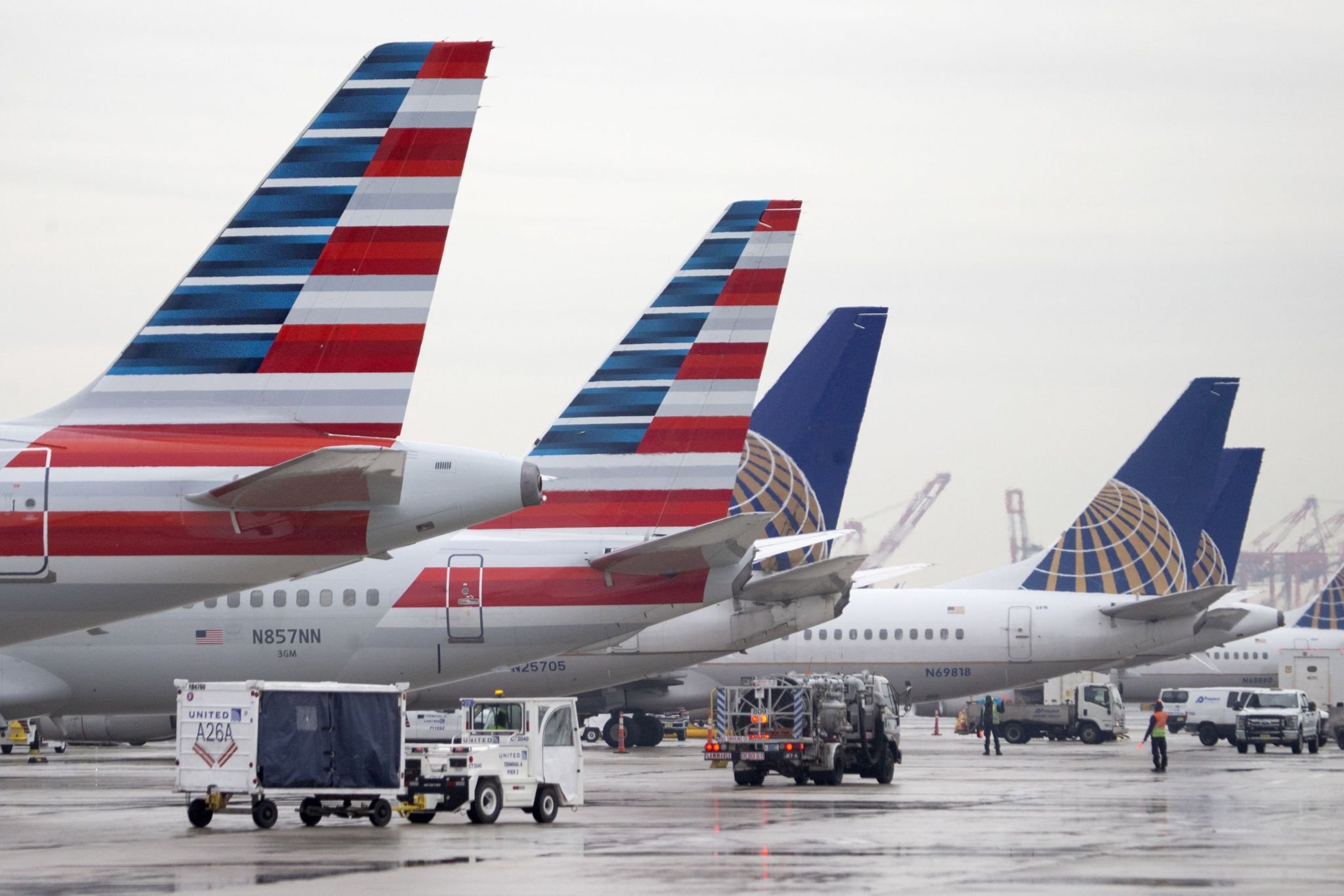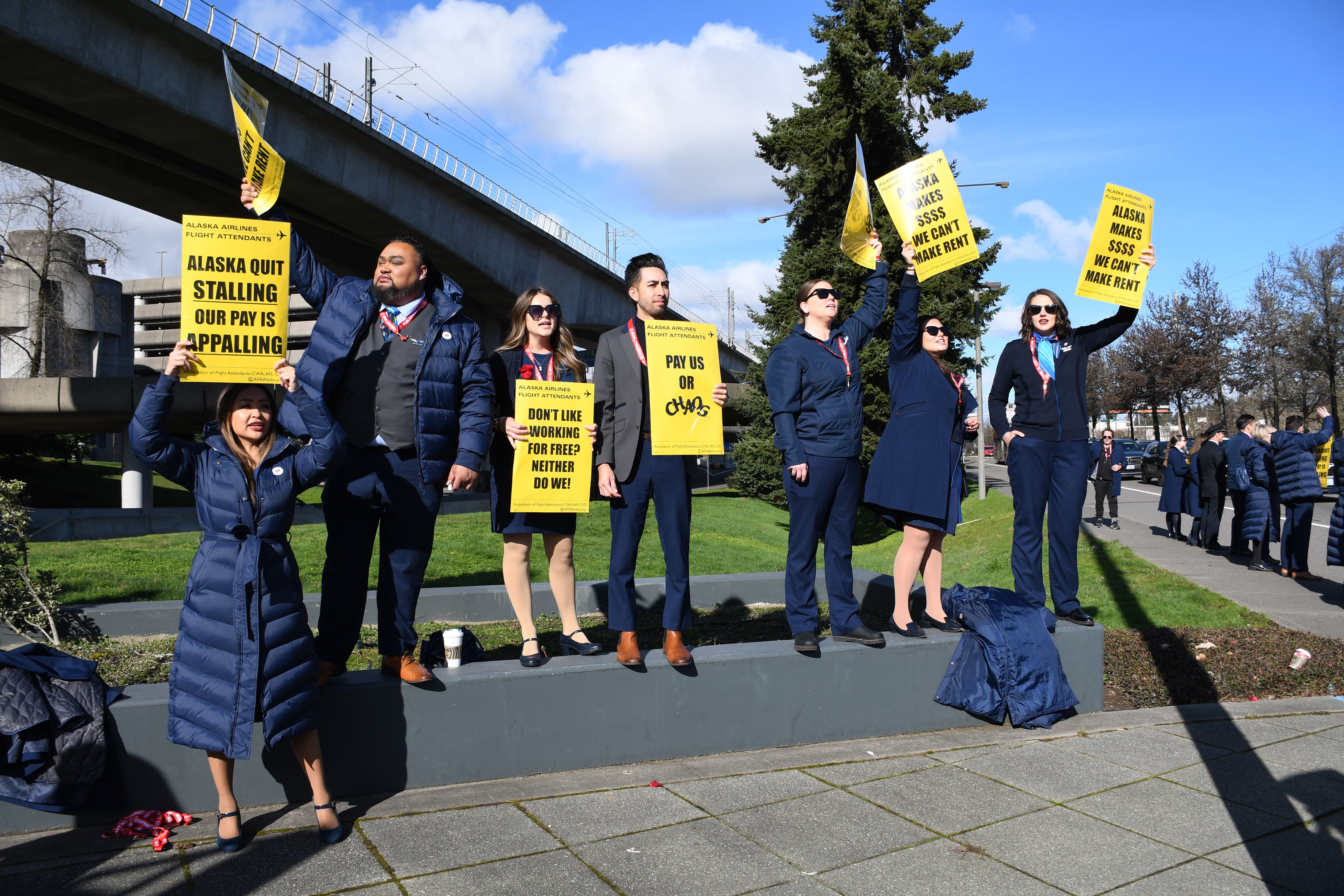Summary
- Congress supports flight attendant contract resolution and urges National Mediation Board to use all tools to expedite ongoing contract disputes.
- Flight attendants are struggling with outdated contracts while others in aviation industry see significant pay rises.
- Threat of a strike needed to settle disputes, as negotiations have been dragged out for years without resolution.
178 members of US Congress have signed a letter urging the National Mediation Board to resolve the ongoing flight attendant contract dispute. Negotiations have been dragging on with flight attendants despite others in the industry receiving sizable pay rises in the past couple of years.
Congress supports flight attendant strike release
The Association of Flight Attendants-CWA – which represents over 50,000 flight attendants at 20 US airlines – has praised Congress for supporting its right to strike. 178 members of Congress signed a letter directed to the National Mediation Board (NMB) detailing their concerns over contract negotiations being “unfairly drawn out,” with some talks (believed to be a nod to American Airlines FA’s) lasting for up to five years without a resolution.
Photo: HorizonUI | Shutterstock
Sara Nelson, International President of the Association of Flight Attendants-CWA, commented,
“Deadlines are critical for negotiations. Airlines have delayed earned improvements by as much as five years while awarding CEOs and other executives. Flight Attendants are understandably fired up as they struggle to make ends meet. Clearly, a credible strike threat is needed to settle these disputes.”
In the letter, led by Reps. Melanie Stansbury (NM-1st), Donald Norcross (NJ-1st), Mark Pocan (WI-2nd), Debbie Dingell (MI-6th), Steven Horsford (NV-4th), and Brian Fitzpatrick (PA-1st), the NMB is urged “to use all of the tools at its disposal” to reach a breakthrough in negotiations, which presumably includes the threat of a strike. Without the threat of a strike, airlines are free to indefinitely prolong talks without fear of any consequences – under the 1926 Railway Labor Act, flight attendants are banned from launching strikes unless given release by the NMB.
Struggling FA’s
The letter claims that there are over 100,000 flight attendants currently in contract negotiations, many of whom are working on contracts drawn up years ago under different economic conditions. A wide range of workers in the aviation ecosystem have received significantly upgraded contracts since the pandemic, most notably pilots, while FA’s continue to struggle – according to a recent Simple Flying report, 1 in 10 flight attendants at Alaska Airlines live out of their car, and another 10% still live with their parents due to the rising cost of living.

Related
Alaska Airlines Flight Attendants Bring Their Struggle To Mediation Board
The union isn’t requesting a release to strike just yet.
Last week, it emerged that American Airlines is giving its first and second-year flight attendants ‘poverty letters’ due to their low annual salaries, which essentially makes them eligible for public assistance programs like food stamps. On the other hand, Southwest Airlines FA’s recently ratified a new deal that makes them the highest-paid in the industry, while Delta Air Lines recently granted a 5% pay boost to cabin crew too.
Release to strike soon?
Members of the union plan to launch a second worldwide day of striking on June 13th following its first effort on February 13th of this year. Among some of the more recent individual airline demonstrations include United Airlines flight attendants picketing as part of a nationwide day of action last month, and American Airlines cabin crew staging a protest outside Wall Street in March.
Photo: Joe Kunzler | Simple Flying
Since 2006, there have been only two instances of airline workers being cleared to strike, the last of which was Spirit Airlines pilots in 2010. This is in contrast to several strike releases granted in the 1980s and 1990s which empowered airline workers to secure better working contracts.
What do you make of this story? Let us know in the comment section!



